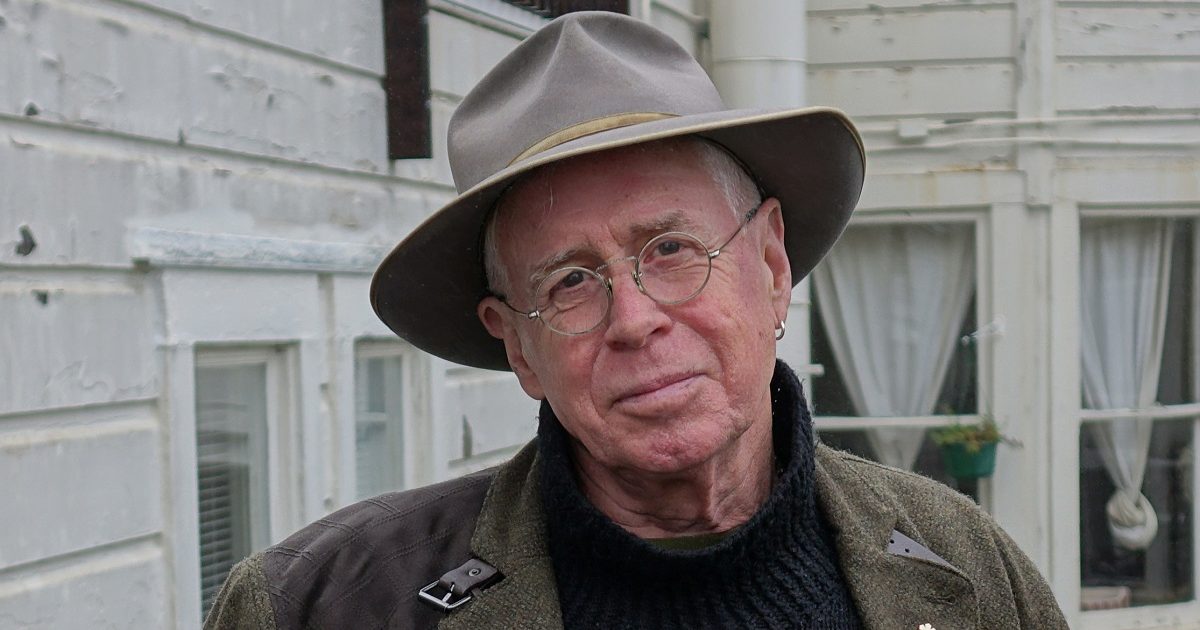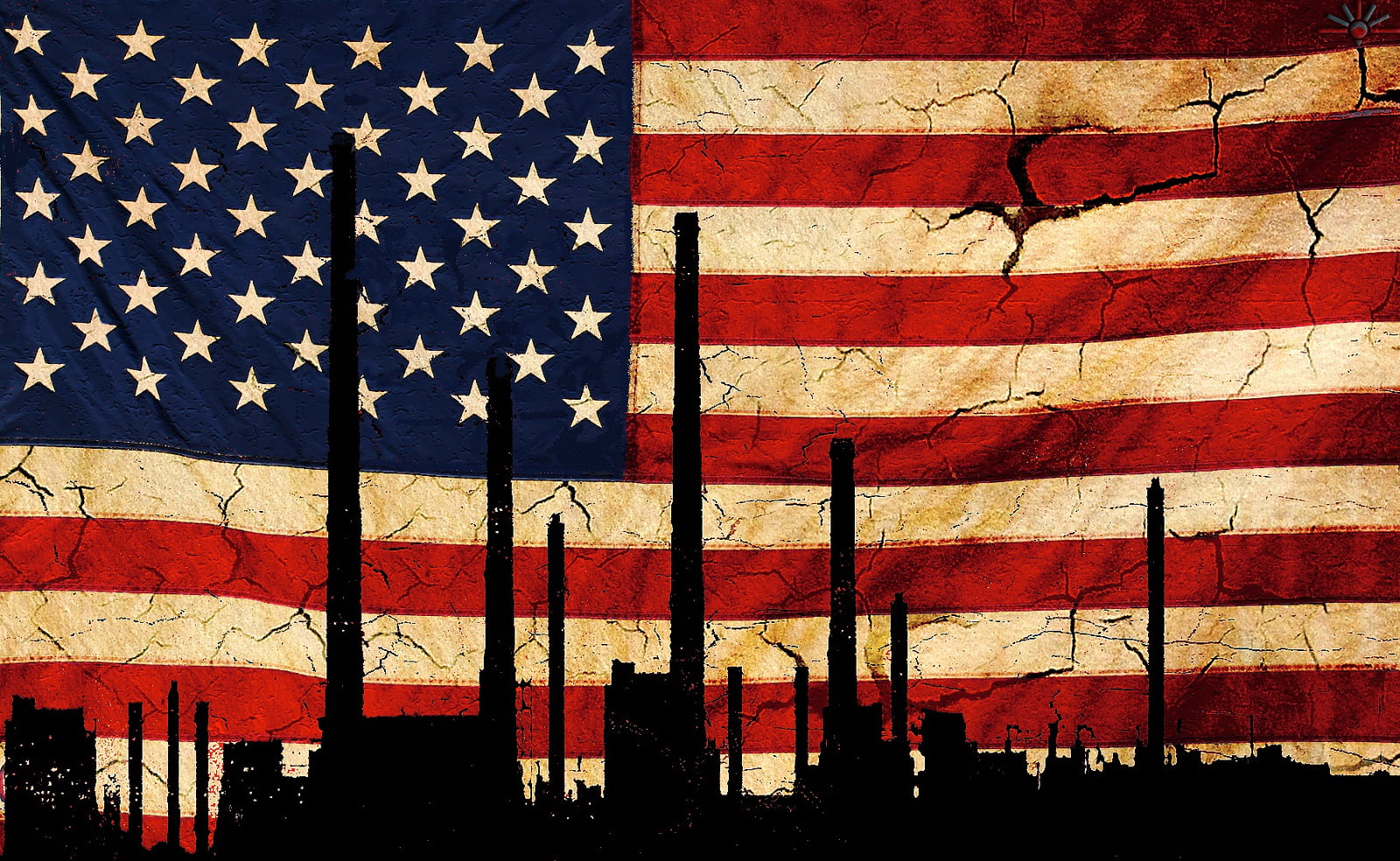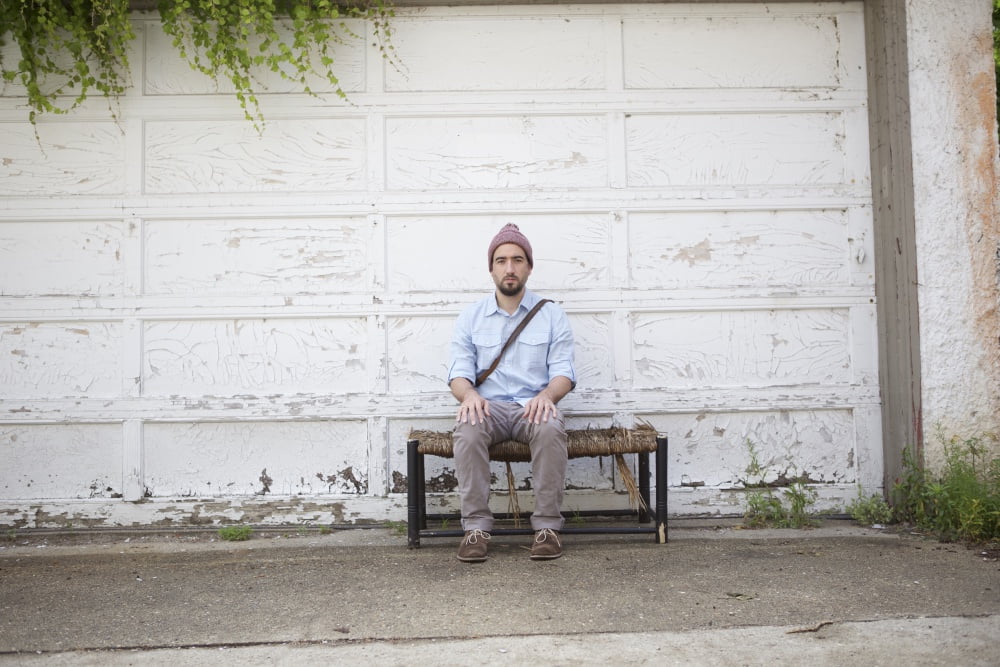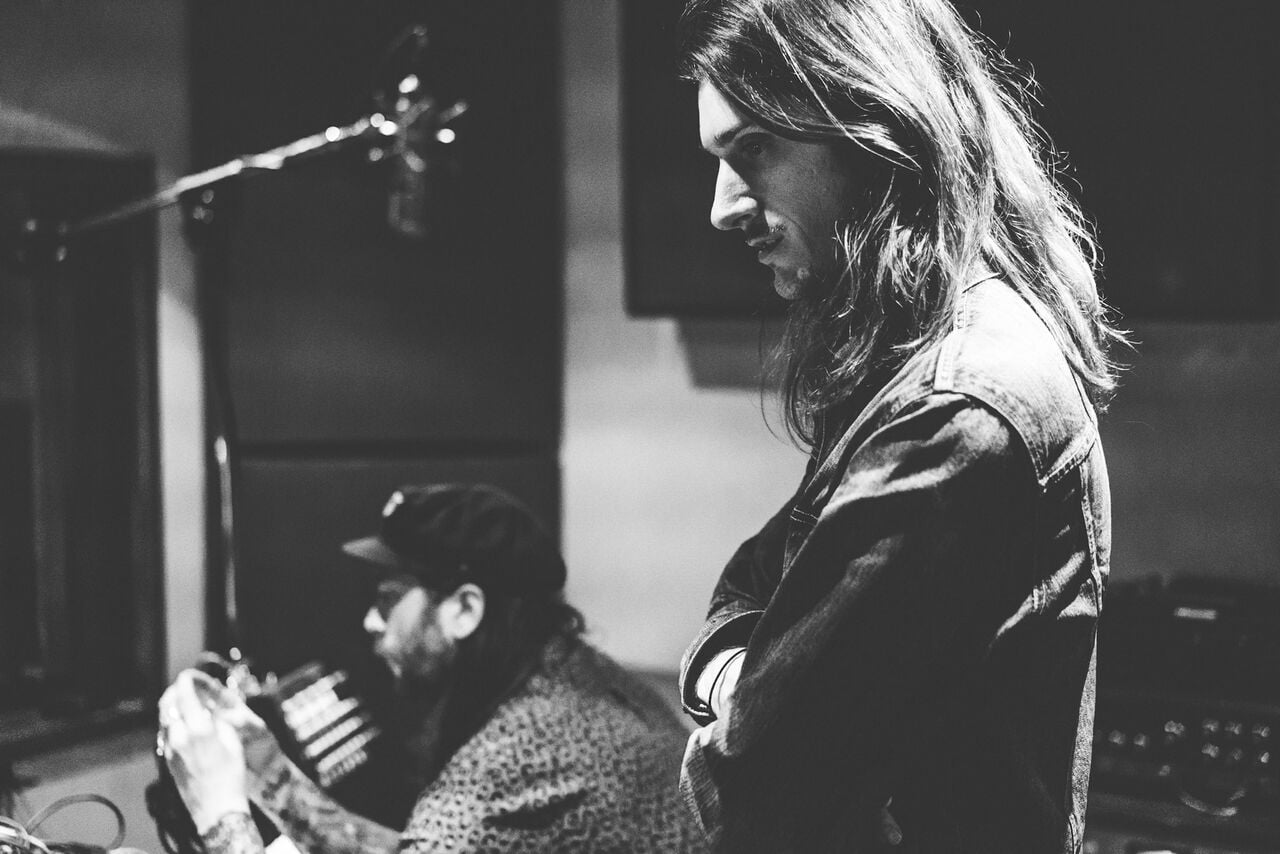Fifty-five years into a career that has earned him superstar status in Canada, singer-songwriter Bruce Cockburn is in a reflective mood. In November, he released Rarities, a digital collection of songs previously available only in his very limited-edition Rumours of Glory box set, plus four tracks plucked from tribute compilations and remastered, one very early demo (“Bird Without Wings,” from 1966) and a track heard only on the Japanese version of Life Short Call Now (“Twilight On the Champlain Sea,” featuring Ani DiFranco). He also reissued audiophile-quality editions of his self-titled 1970 debut album, 1996’s Charity of Night and 1999’s Breakfast In New Orleans, Dinner In Timbuktu.
The San Francisco resident, 77, also became a U.S. citizen in November, a development he calls “quite exciting.” (His wife and 11-year-old daughter are American-born.) In January, he’s kicking off another tour, during which he’ll likely perform tracks from an album he just finished recording. He plans to release the still-untitled work sometime in 2023.
BGS: So what prompted the Rarities release now?
Cockburn: It just seemed like a good time. When my book [the 2014 memoir, Rumours of Glory] came out, we put together a 10-CD box set with all the songs discussed in the book. And there was one disc of rarities. This record is basically the same record, except there’s a couple of extra songs, and there were only 1,000 copies of that box made, so the idea was to get these obscure things — some go back to the ‘60s even, so that is historical stuff, and some live performances and some film music that was never released elsewhere — into wider circulation.
On “Bird Without Wings,” I was struck by the self-doubt of some of the lyrics, which doesn’t surprise me in someone’s early work. I wonder if you would still write a song like that today?
That’s an interesting question. Probably not, not exactly that. I mean, I recognize the person. But my life has been through a lot of changes since then. Back then it was so personal, I hardly ever sang it in public. But a band called 3’s a Crowd recorded it. I didn’t particularly like their version; it was a little too processed for my tastes. That album was produced by Mama Cass and I’m assuming she applied the techniques that the Mamas & the Papas used to get their harmonies, and it might have suited them, but it didn’t really work with that band. In my view, anyway.
You bring up an interesting point regarding how you feel when somebody records your song. Some artists are like, how I feel about it is how big the checks are when they arrive.
Well, that’s a factor, too. It’s not a simple thing. They were more or less friends of mine, so it was a bit awkward. They may have felt that I was less their friend after they heard what I thought of their version, but I wouldn’t be as bothered now, either. When I wrote that song, I’d probably just turned 21. As well as being too personal to sing for people, it was so personal that any sort of departure from my concept of how the song should sound was really hard to deal with. That’s not the case now. I have opinions about different people’s versions of my stuff, but I’ve heard a lot more things happen to my songs since then. Some better, some worse. I’d be more charitable now.
When Folk Alliance International gave you its inaugural People’s Voice Award — created to recognize “an individual who unabashedly embraces social and political commentary in their creative work and public career” — in 2017, you noted it was the first honor you received in the United States. It seems like acknowledgement in this country has been uneven for you.
Yeah. There’s an audience that allows me to tour. But I mean, we had significant radio play in the ‘80s (with) “Wondering Where the Lions Are” and “If I Had a Rocket Launcher” and other songs; as long as it was triple-A radio, my records got played. To the extent that there are some of those stations left, and sometimes on certain shows on public radio, I’ll show up. But it’s certainly not what it once was. I think that it’s partly being not from here. If I were in the pop world, that wouldn’t be an issue because it’s all global. But in the more esoteric area that I operate in, that’s made a difference. The profile in Canada is a lot higher.
But every now and then. … We’re in the process of making a new album, which we recorded at (producer) Colin Linden’s studio in Nashville. I had shipped a bunch of gear there and went to the depot to pick it up. There’s a young woman doing the paperwork, and the supervisor comes by and he looks at the name on that paperwork and he looks at me and he goes, “You’re Bruce Cockburn?” So he turns to all these people in the office, and he’s going, “You gotta hear this guy! He’s one of the greatest musicians in the world!” It was a lovely feeling to hear somebody getting so enthusiastic about it. For me, in this country, that’s quite rare.
Does that ever get old?
Are you kidding? I mean, if people are importuning you because they want something, that gets old fast. But the fact that people are appreciating what they know of what I do? That’s a wonderful thing.
Here’s a quote from the story I wrote about your Folk Alliance award. “When he became known as a political writer, as opposed to previous tags of Christian writer or ‘the John Denver of Canada,’ [Cockburn] said, ‘I had not thought much about the effect of the political aspect of my songwriting; I’d always felt, and I still do, that the job is to tell the truth of the human experience as we live it. I’ve never been interested in protest for its own sake, or in ideological polemicizing. Just fucking tell it like you see it and feel it. If you don’t see it and feel it, write about something else. Songs need to come from the heart or they don’t count for much.'”
It seems like it should go without saying, but it apparently doesn’t.
As somebody who has written political songs, do you feel like those songs still have an impact, or can still have an impact?
Well, they do, in a limited way — assuming that it’s a good song to begin with; that it has something about it that people are going to be tweaked by. It really depends on the fertility of the field on which it falls. If there’s a body of public sentiment around an issue, and a song touches on that, and speaks to that, it will have an effect on people. It’ll help maybe reinforce their feelings and their willingness to get involved, or it may provide a kind of rallying point. But without that, it has no power. It’s really about the people more than the song. But there’s no question that a song like “We Shall Overcome” became an anthem that moved a lot of people who maybe wouldn’t have been so moved were they not invited to sing along with a song like that.
In this era, it’s harder to imagine something like that happening, and I think we’re worse off for it. But what’s your impression as the person on stage or in the studio, or in the room with the pen and paper?
I don’t know. You quoted me there and I kind of stand by that. I think it’s always worth doing. If you see yourself as an artist in the broadest sense, or maybe in the classical sense, let’s say, someone who practices an art as opposed to somebody who gets on TV — not that you can’t be both — but if you see yourself that way, it’s just the job. Sing about what you’re moved by, what you see around you and feel around you and feel coming at you.
For me, the elements of that change with passage of time. But I’m still pretty much the person that I started out being, at the core. I’ve always been playing to a minority audience because of that, and I think that’s what anybody who’s trying to do something real should expect. Once in a while, somebody doing something real cracks through, or there’s a window that opens in terms of the public and the media’s willingness to expose stuff that doesn’t conform to the norm. But those windows are usually not open for long.
Let’s talk about the new album. Anything you want to tell me about the songs you’re writing today?
There’s a lot of spiritual content — not explicitly Christian, although I consider myself a Christian. But I think the impulse to experience something on the spiritual level is universal, and more power to anybody that can go there. That’s partly a reflection of age, too; these are concerns that are larger than some other ones at this point in my life. But there are songs that have topical content; there’s a song called “To Keep the World We Know,” about global warming, that I’ve co-written with an Inuit artist, Susan Aglukark, a Juno Award-winning Canadian. But mostly, they’re personal, which is typical of me.
What about the three rereleases? Why those?
It was the 50th anniversary of True North. It was my 50th anniversary as a recording artist and my first album was the first album on True North Records. So they put out a commemorative thing. This is a better-sounding pressing. And then to go along with that, those two albums from the ‘90s are ones that I particularly like as an example of what I do. Those albums have never been on vinyl. That was the exciting part; there’s something really nice about vinyl. Not just the sound but the tactile thing, the big-format cover and all that.
There’s a couple of songs that are obscure; “Grinning Moon” would have fit on those ‘90s albums. I’m not really sure why it wasn’t included, but I think it’s a pretty good song. There’s another called “Come Down Healing” that includes verses that were recycled into other songs on Charity of Night. There was something about the song that didn’t work for me at the time, but when I listen to it now, it’s pretty good. I like the idea of these being out there and not being completely lost.
That gorgeous guitar intro on “Grinning Moon” really grabbed me. And on “Come Down Healing,” the imagery, the guitar work and the urgency — and I love the lyrics: “Sometimes darkness is your friend”; “On the seven cooling towers of the cancer apocalypse/on the 7 billion dreaming souls.” And to think that you’ve had that song around for this long and it still feels current and important.
This shit doesn’t go away.
That’s why we need people like you, to make sure we know.
Photo Credit: Daniel Keebler






